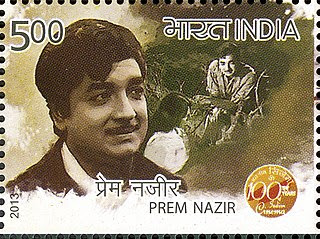India's National COVID-19 Vaccination Program, one of the world's largest vaccination campaigns, officially began on 16 January 2021. The campaign aimed to vaccinate a significant portion of the country's population against the COVID-19 virus.
The first phase of the vaccination drive prioritized healthcare workers and frontline workers. Subsequent phases expanded the vaccination to include senior citizens and individuals aged 45 and above with comorbidities. Over time, eligibility criteria were further expanded to include other age groups, eventually covering the entire adult population.
India's vaccination efforts involved administering both Covishield (AstraZeneca-Oxford vaccine produced by the Serum Institute of India) and Covaxin (developed by Bharat Biotech) vaccines. The vaccination drive was carried out through government-run vaccination centers, private hospitals, and outreach programs to ensure broad coverage across the country.
As with any large-scale vaccination program, there were logistical challenges and efforts to address vaccine distribution, supply, and public awareness. The program played a crucial role in the country's efforts to control the spread of the COVID-19 virus and mitigate its impact on public health.








